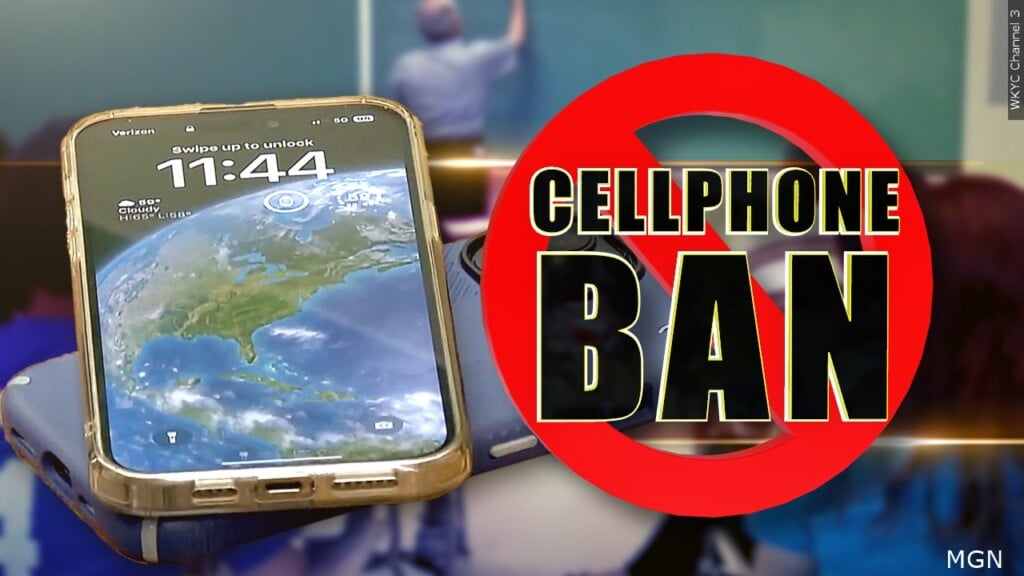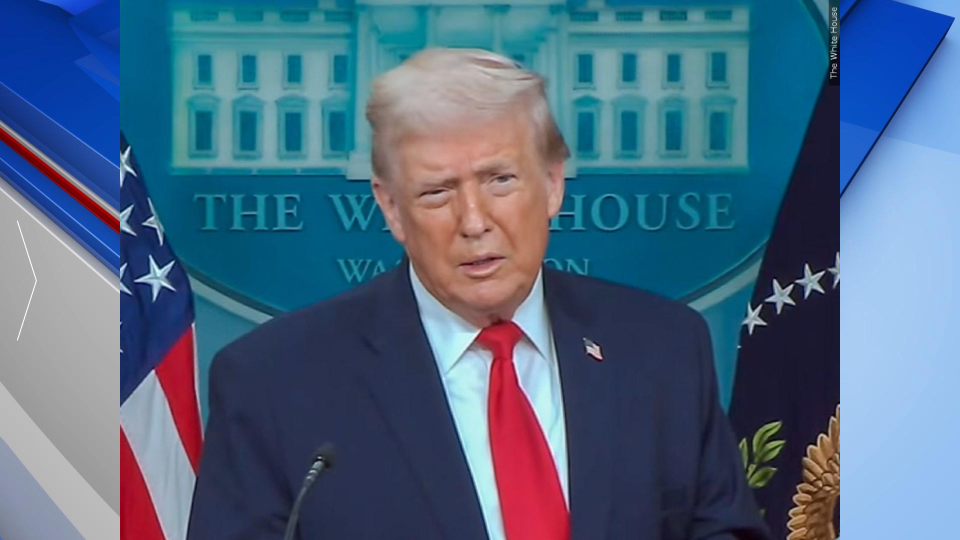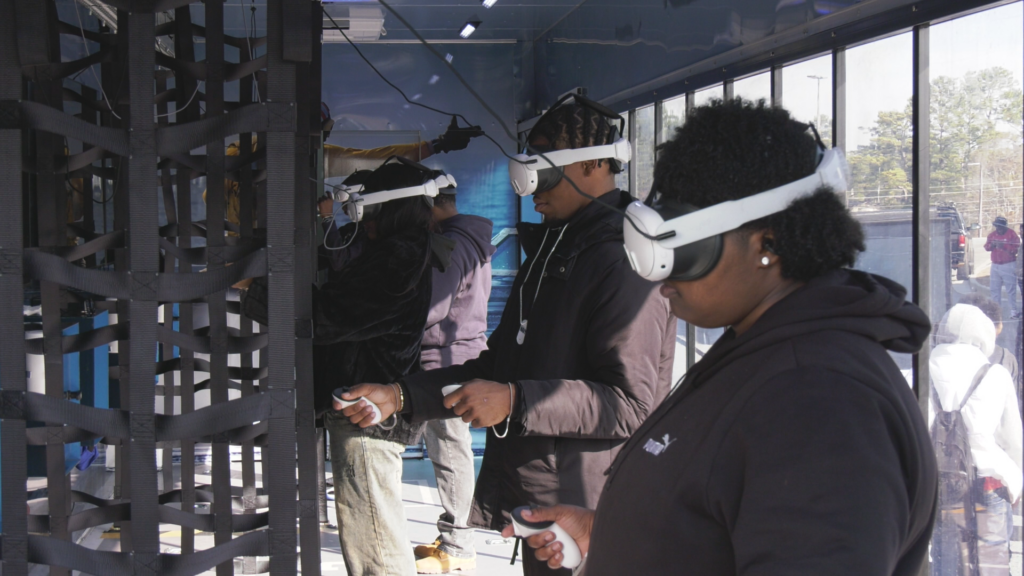Georgia bill to ban cell phones in K-8 classrooms heads to governor’s desk
If H.B. 340 becomes state law, school districts would need to adopt policies that prohibit phones, headphones, tablets and other devices by Jan.1, 2026 and implement those bans on July 1, 2026.

MACON, Georgia (41NBC/WMGT) – There could be a major change in schools across Georgia as a bill to ban cell phone usage for students in kindergarten through eighth grade is awaiting Gov. Brian Kemp’s signature.
If H.B. 340 becomes state law, school districts would need to adopt policies that prohibit phones, headphones, tablets and other devices by Jan.1, 2026 and implement those bans on July 1, 2026. The bill has carve outs for students who access personal devices for official medical or educational reasons.
The new law wouldn’t change much for the Bibb County School District. Its current cell phone policy allows students to bring their cell phones to school but mandates they be turned off and out of sight while inside the building. Jamie Cassady, Assistant Superintendent of Student Affairs for the district, says students and teachers have seen positive results since the policy was implemented in 2022.
“The behavioral incidents that have to do with cell phones have decreased because of the policy,” Cassady said.
Cassady says a meeting with valedictorians and salutatorians across the county a few years ago was an eye-opening experience for him and served as confirmation that the district had made the right decision.
“The statement was made by a student, which was my ‘aha’ moment, that they didn’t realize how much work they could get done until this policy was put in place,” he said.
H.B. 340 earned overwhelming support in the General Assembly before being sent to Kemp earlier this week. State Sen. Larry Walker III (R-Perry) says it was long overdue.
“Cameras are a distraction for us adults every day in our everyday life,” Walker said. “So, I think it’s a good measure to let the children focus on their schoolwork and be present in the moment.”
Walker says he and other lawmakers considered arguments from parents concerned about having less communication with their children in case of an emergency, but he says public safety and law enforcement officials informed him and his colleagues that fewer calls during an emergency make the jobs of first responders easier.
“What happens is there’s thousands of texts and phone calls going out from the school, from the students,” Walker said. “And then the parents start calling 911, and it just creates a lot of confusion, a lot of misinformation.”
Cassady says he hasn’t heard of the district’s policy causing an issue for students needing to contact their parents.
“You can call the school if there’s an emergency,” Cassady said. “Someone can go down and get the student and bring them out. They can make the call, so we can do it on an individual basis.”
Cassady says increased access to technology for children at younger ages can make them feel uncomfortable without it, but he feels that Bibb County has been able to combat this cycle throughout the school day and hopes schools around the state can as well.
“I think it’s getting them to realize that you can still be productive,” Cassady said. “You can still do everything that you wanted to do with or without the cell phone.”



